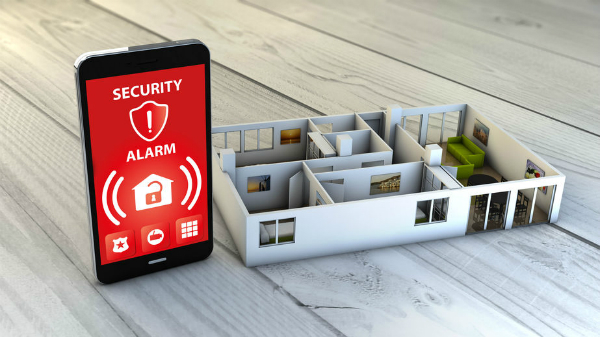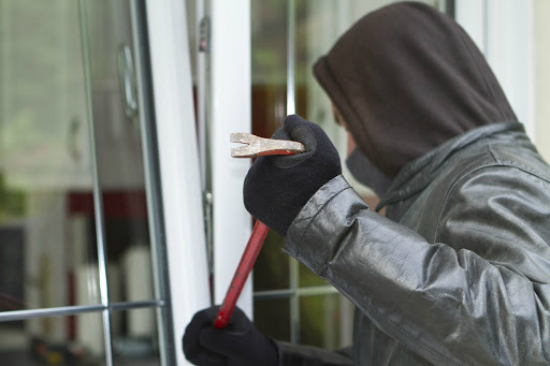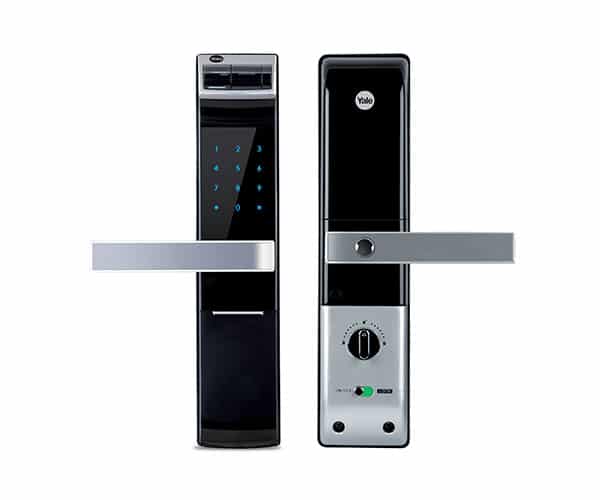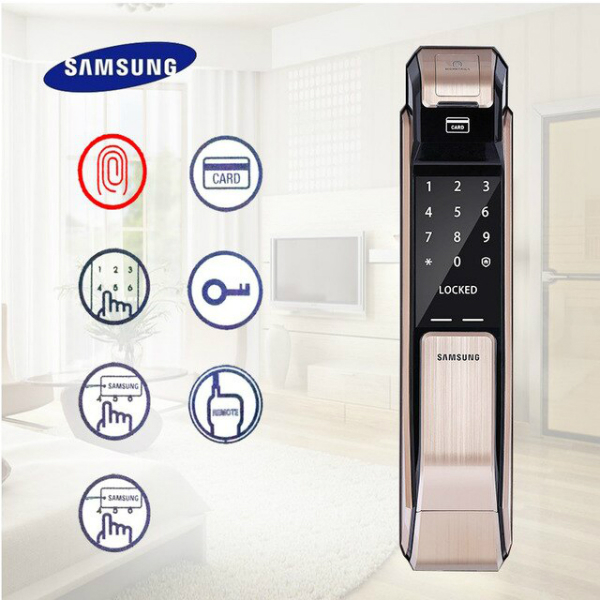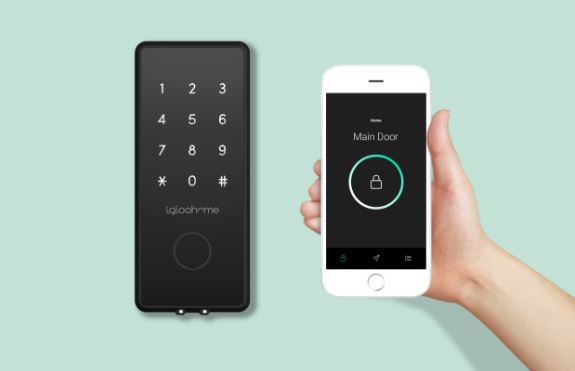Gone are the days where you have to rely on old-school padlocks to keep your doors and gates safely shut.
Nowadays, you can choose from a variety of fancy and futuristic digital locks, also known as smart locks.
These digital locks have been steadily gaining in popularity among homeowners, with many people already seeing the benefits to owning one.
This might not be surprising, given the rising Smart Home trend. If you’re unsure whether to swap your traditional door locks for digital ones, read on to learn more!
What are digital locks?
Digital locks are essentially similar to regular locks in terms of how the locking mechanism works. The main difference lies in the unlocking.
A regular lock requires you to have the correct key, while digital locks make use of biometrics, security tokens, or passcodes.
Some also utilise Bluetooth technology by connecting with a compatible device, such as your mobile phone.
All this simply means that you no longer have to worry about forgetting your keys, or worse, if you lose them and worry that it’s picked up by the wrong person!
What features do some digital locks have?
Digital locks today have plenty of features. Beyond the main ones mentioned above, some digital locks have additional security features. These can include:
- An alarm that goes off when there’s an attempted break-in
- Notifications via a phone app on who has accessed the lock, or on failed entry attempts (in fact, some even have an in-built camera that captures faces)
- An auto-release feature that activates when a fire occurs
How reliable are digital locks?
Modern-day digital locks certainly offer additional security features above a traditional lock, but no lock is 100% secure.
Just as traditional locks can be picked open, a digital one can be hacked into. With that said, you shouldn’t worry too much about the security of the lock you’ve chosen.
This is as long as you select one from a reputable brand, and make sure it’s installed properly so it functions as intended.
You should also bear in mind that most digital locks require electricity or a battery source to function.
They generally last for quite a while under normal daily use, and will often have an indicator to notify you that the batteries are running low.
However, should the batteries die on you, most digital door locks have an override of some kind, usually in the form of a manual override key.
Others also offer a backup power source so you can still get into your home!
How can I install a digital lock?
Before you go out and buy a lock, you need to first consider your current door or gate, as not all digital locks will fit on every kind.
If you’re set on a particular model, you might need to replace your door or gate, especially if it’s a wayyy older model.
Although some models come with instructions on how you can install them yourself, it’s best to get a trained professional to do it for you.
If a lock isn’t properly installed, some security features might not work properly.
What kinds of digital locks should I get?
When it comes to digital locks, there are a variety of brands and models you can choose from. Of course, prices will vary depending on the brand name and product specifications.
Here are some digital locks that you can consider, whether you’re on a tight budget, or prefer something more hi-tech.
Hi-tech options
1) Yale YDM 4109
If you have the budget to spare, the Yale YDM 4109 is currently one of the best biometric locks on the market.
It has top-of-the-line fingerprint recognition technology, employing one-touch fingerprint scanning so you don’t need to fumble with the lock.
The Yale YDM 4109 also has an alarm that will go off should anyone attempt to force the lock.
What’s more, if you’re worried about your password being exposed to outsiders when you key it in, the digital lock has a scramble code function.
What this means is that with this function, you get to add ‘scramble numbers’ (randomly selected bunch of digits) before and after your password.
This lengthens your password, making it less easy to remember for outsiders.
2) Samsung SHS-P718
Samsung is one of the more prominent names in the digital lock market, and they have a model that’s not only sophisticated, but pretty classy too – the SHS-P718.
This digital lock is available in several lovely finishes, and features a fingerprint scanner for all the times you imagined yourself a secret agent.
The SHS-P718 also lets you open the door either by pushing or pulling on the handle, great for those times when your hands are occupied.
It also has a suspicion movement alert, where the system will sound a warning siren if it detects any movements for prolonged periods of time, as well as a temperature sensor that will automatically unlock the door in the event of a fire.
More affordable options
3) igloohome Deadbolt 2S
If you want something more affordable, there’s the igloohome Deadbolt 2S. Although it does come with a physical key slot, it can use digital keys in the form of Bluetooth or PIN codes.
This lock is particularly suitable for those who list their homes on Airbnb, or provide short-term rentals.
It comes with an app that allows you to create PIN codes or Bluetooth keys to send to visitors and guests, even while you’re away. You can also set how long these codes will be valid for!
4) Samsung SHS-3321
Another affordable option is the Samsung SHS-3321. This is a simple digital lock that uses a combination of a number pad, RFID card, and tag.
It’s fuss-free and simple to use, and has a useful feature where the door locks automatically right after you close it. Perfect for those who’re always questioning if they remembered to lock the door, yes? 😛
Disclaimer: The information is provided for general information only. PropertyGuru International (Malaysia) Sdn Bhd makes no representations or warranties in relation to the information, including but not limited to any representation or warranty as to the fitness for any particular purpose of the information to the fullest extent permitted by law. While every effort has been made to ensure that the information provided in this article is accurate, reliable, and complete as of the time of writing, the information provided in this article should not be relied upon to make any financial, investment, real estate or legal decisions. Additionally, the information should not substitute advice from a trained professional who can take into account your personal facts and circumstances, and we accept no liability if you use the information to form decisions.




